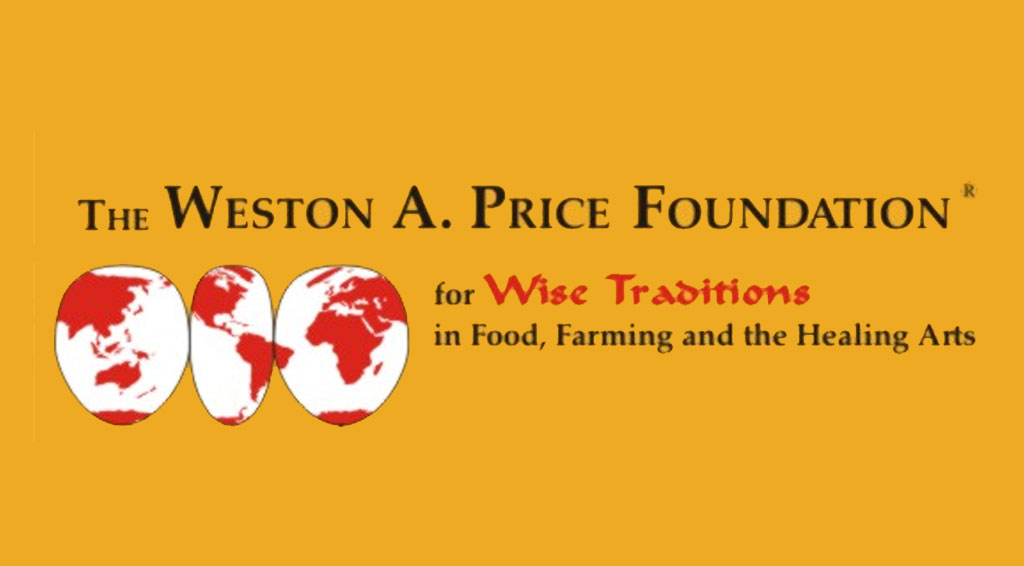The narrative goes like this: the American beef shortage is a result of drought, inflation, and pandemic aftershocks. But that’s only the surface-level excuse. The real story—one you won’t hear from the USDA or Tyson’s earnings calls—is far darker:
The U.S. beef herd didn’t shrink. It was hollowed out—methodically—over decades of bad policy, price suppression, and corporate capture.
Let’s start with the numbers. The American cattle herd has collapsed to its smallest size since the Korean War. Rancher groups like R-CALF USA don’t blame weather or war. They blame the system: a closed-loop racket between global meatpackers, foreign imports, and policymakers who serve anyone but the American rancher.
At the heart of it? The death of profitability for independent producers. Since the 1990s, the U.S. has lost over 100,000 cattle producers, many of them small family operations. Their margins were crushed not by consumer demand (which remained strong), but by a coordinated squeeze: dirt-cheap foreign imports labeled “Product of USA,” unchecked packer consolidation, and the removal of country-of-origin labeling (COOL), which let multinationals pass off Brazilian beef as domestic without consequence.
It’s no coincidence that the herd began its most aggressive collapse after COOL was repealed in 2016. That decision wasn’t driven by American voters—it was pushed by Canada, Mexico, and the WTO, enforced by meat lobbyists and trade lawyers, and greenlit by the same policymakers who now wonder why rural America is burning down barns in protest.
The end result? A rigged market where packers profited, consumers paid more, and producers were left holding the bag. The “cattle cycle”—a once-reliable 10-year boom/bust rhythm—has been completely severed. Why? Because when prices rise, multinationals simply flood the market with foreign beef, keeping domestic prices suppressed and ensuring local ranchers can’t afford to expand their herds.
This isn’t just about meat—it’s about national security. The U.S. now imports record amounts of beef from countries with questionable food safety records and geopolitical risk. We’ve offshored our protein the way we offshored our steel and semiconductors. And when the next trade war, biosecurity breach, or supply chain collapse hits—don’t expect a steak on your plate.
The American consumer has been robbed. The American rancher has been betrayed. And the cartel of global processors walks away richer every time.
Here’s what no one in D.C. will say out loud: You can’t rebuild the U.S. cattle herd without rebuilding the incentives to produce cattle. That means breaking the monopoly grip of the Big Four packers, reinstating COOL, and putting foreign imports under scrutiny—not celebration.
Until then, prepare for beef as a luxury item, ranchers as museum pieces, and the continuation of a deliberately engineered protein dependence. Because this shortage wasn’t a mistake.
It was by design.





0 Comments